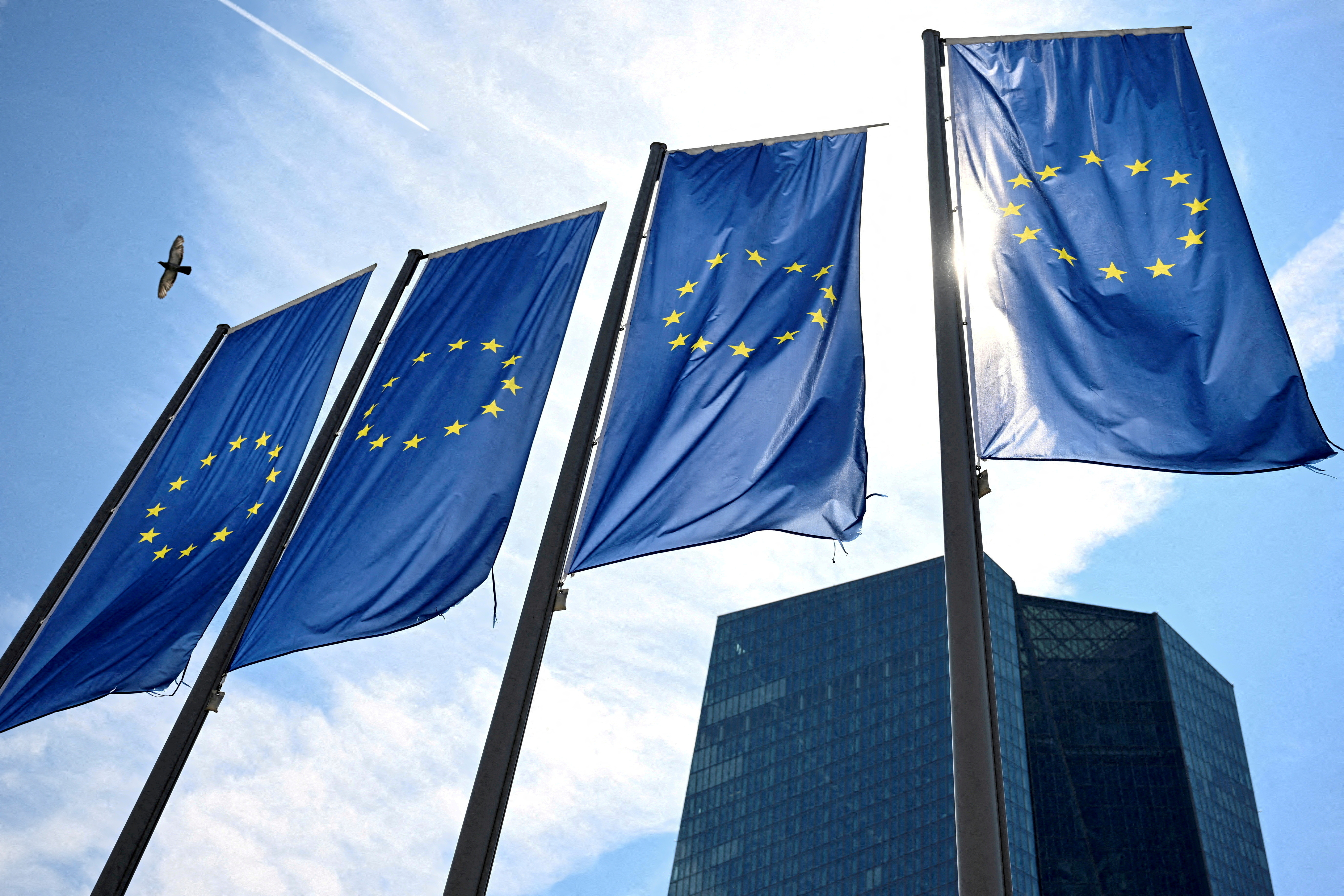A review and the way forward
By Andreas Theophanous
When Cyprus joined the EU, there were high expectations in all aspects. First and foremost, there was the belief that the Union’s institutional framework and the acquis communautaire would contribute to a just resolution of the Cyprus problem. Beyond that, there was a widespread belief that the country’s socioeconomic prospects would be positively influenced. It was also considered that participation in the Union would enhance democracy and simultaneously reinforce the country’s value system.
Twenty-one years later, however, growing concerns have emerged – both about developments in Cyprus and the EU’s overall trajectory. It is therefore important to briefly review this period and reflect on what lies ahead.
With respect to the Cyprus problem, admittedly there has not been the expected solidarity from the EU. I emphasise, in this context, that during the recent five-party meeting in Geneva (March 17–18, 2025) under the auspices of the UN Secretary-General, the EU was not represented – not even as an observer. Obviously, there were objections from the Turkish side.
The Union’s reaction to the Russian invasion of Ukraine further underscores its double standards. Its strong and united response to Ukraine stands in stark contrast to its longstanding complacency regarding the continued occupation of northern Cyprus. Such inconsistencies inevitably fuel scepticism and concern among Cypriots.
It is, however, important to also evaluate Cyprus’ responsibilities. The policy of the Republic of Cyprus has not led to the desired outcomes. One could say this is due to Turkish maximalism. That is correct; at the same time though, Cyprus has not effectively utilised the EU’s institutional framework.
Moreover, 51 years after the invasion and 21 years after accession to the EU, Cyprus’ presence in the international fora of discourse and exchange of ideas remains insufficient (some would even say poor). This is unacceptable. And for this sad situation, there are longstanding responsibilities.
It is inconceivable that Turkey’s relationship with the EU can be upgraded while Ankara still occupies 37 per cent of the Republic of Cyprus, which it does not recognise. Furthermore, it continues its hybrid warfare against it. The Cypriot leadership must bring these issues to the forefront.
Regarding the socioeconomic dimension, the implications of EU accession – and particularly of joining the Eurozone a few years later – were not fully understood at the time. There was complacency and the belief that high economic growth rates would continue.
Officials did not even question whether Cyprus’ economy could effectively compete in such a highly demanding environment. It was also taken for granted that living standards and prosperity would continuously improve.
The 2013 financial crisis, which led to the Troika-imposed Memorandum, resulted from both internal and external factors. Yet the EU’s response lacked economic rationality and solidarity. Rather than support, Cyprus faced punitive measures. Recovery came despite the Troika – and at significant social and economic cost.
By contrast, Spain and Italy received a more understanding and supportive approach. Cypriots are justified in questioning whether today’s EU better understands the realities facing smaller member states.
Unfortunately, the state today does not adequately exercise its strategic, social and referee role. In addition, we cannot overlook the fact that significant sectors of the economy as well as land are being bought by foreign capital. Much of the banking sector is now foreign-owned, as are many private hospitals and universities. Inequality has risen, and home ownership – once a realistic goal for young people – has become increasingly elusive.
At the political level, rather than strengthening democracy, there are serious issues. Beyond the Cyprus problem, there are economic concerns, illegal immigration and disillusionment with the EU on various fronts. Above all, the current party and political system does not seem capable of effectively addressing these challenges. The results of the last European Parliament elections are indicative of the voters’ perceptions.
Additionally, one would have hoped that EU membership would lead to a state of affairs marked by greater transparency and less corruption. Unfortunately, these expectations were not fulfilled.
The question is how we move forward. There is an urgent need to upgrade the party and political system at all levels. New ideas as well as new personalities are needed. The EU has its own serious problems that affect member states and their citizens.
Despite the disappointments, Cyprus belongs in the EU.
The Republic of Cyprus must operate in the best possible manner to defend its legitimate interests. Nicosia is justified in emphasising that it is inconceivable for EU-Turkey relations to be upgraded while Ankara obstructs the electrical interconnection between Cyprus and Greece/the EU. Nor is it acceptable for Turkey to be considered a key pillar of the European security architecture while occupying the northern part of Cyprus and simultaneously challenging Greece’s sovereign rights.
Despite its small size, Cyprus must actively participate in and contribute to the debate about the future of Europe.
Professor Andreas Theophanous is the President of the Cyprus Centre for European and International Affairs.






Click here to change your cookie preferences